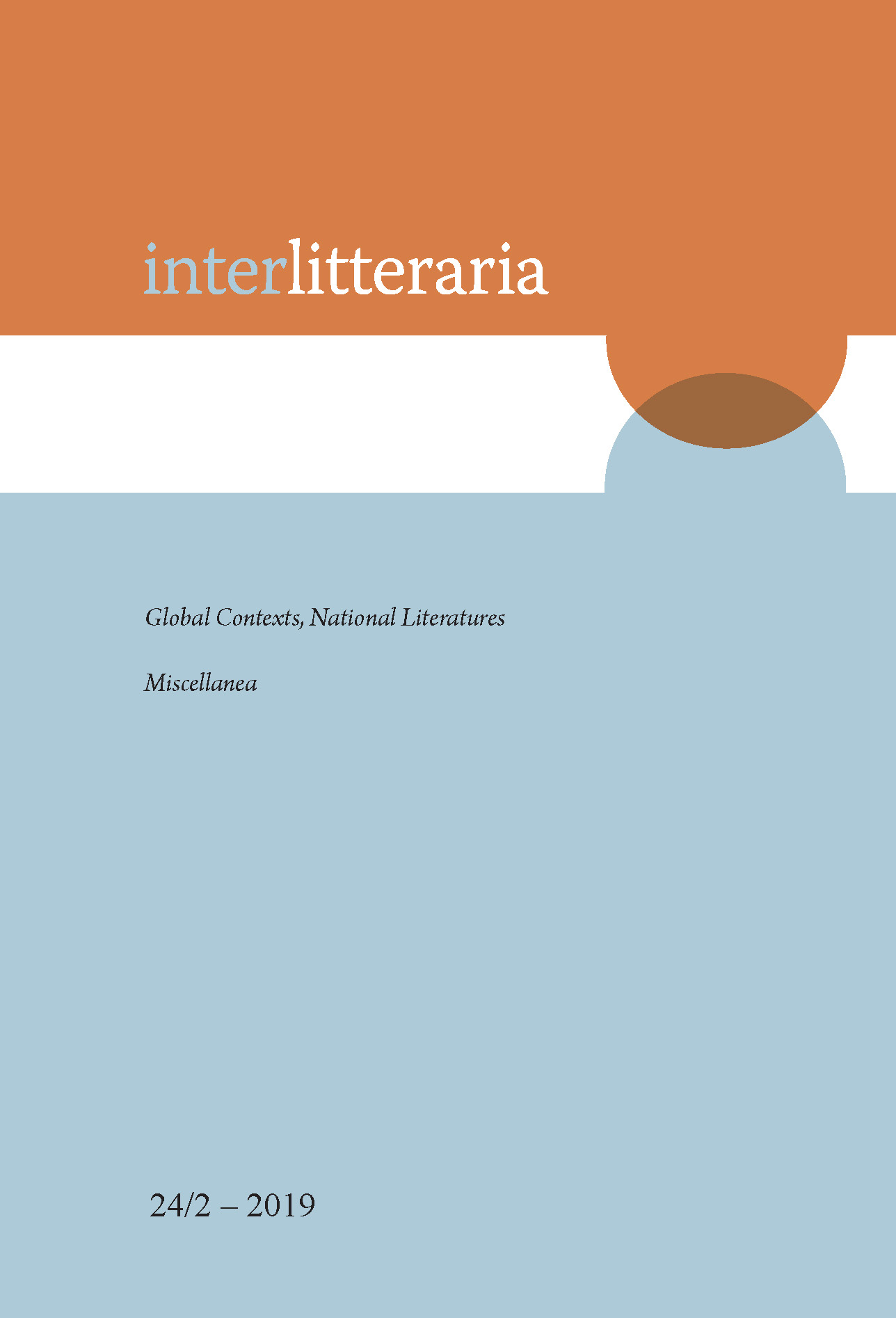Contemporary Finnish drama in Estonian Theatre in the 21st century
DOI:
https://doi.org/10.12697/IL.2019.24.2.9Keywords:
Finnish drama, Estonian theatre, Nordic identity, Finno-Ugric and Northern identity, reception of stage productionsAbstract
After regaining independence in 1991 Estonia, like other Baltic states, went through a transition period which can be described as a return to the West, i.e. Europe. By now, Estonia has joined European community and is successfully integrated with Europe. However, in regard to the country’s cultural and political identity, the process of self-determination continues, particularly on the level of regional identity: whether the newly independent Baltic countries belong to Eastern or Northern Europe? Estonia tends to position itself among Nordic countries, primarily by reason of close historical ties and linguistic kinship with Finland.
In the light of current identity processes the cultural interaction between Estonia and Finland deserves attention. This paper examines only one aspect: the reception of contemporary Finnish dramaturgy in the 21st century Estonian theatre. Finnish dramas had been staged in Estonian theatres since the end of the 19th century. However, it is noticeable that their number has significantly increased since the 2000s, and the repertoire of the major Estonian theatres contains far more new, contemporary Finnish plays than well-known classics. Plays by Leea Klemola, Sirkku Peltola, Juha Jokela, Mika Myllyaho, Pipsa Lonka and others enjoy great popularity among Estonian audiences. How do these plays represent Finnish society? How were they interpreted and received in Estonian theatre? How do stage productions of Finnish plays contribute to the construction of shared Nordic identity? The paper looks for answers to these questions.
Downloads
Downloads
Published
Issue
Section
License
The contents of Interlitteraria are published under CC BY-NC-ND licence.


